Intent
Our broad and diverse curriculum provides students with the required knowledge and practical skills for them to thrive in their studies but also in their life beyond school. Our curriculum is carefully sequenced by intelligent backward planning based upon the requirements of the national curriculum at KS3 and the requirements of the KS4 qualifications we offer. During a student’s time in KS3 we expect them all to achieve the best they can achieve which is supported by the curriculum offer being underpinned by breadth, depth and challenge. We focus on teaching a range of carefully selected key skills, across each year group, which will ensure we are exposing students to the richness of Design and Technology whilst also revisiting key knowledge and skills at deeper levels.
The curriculum for design and technology aims to ensure that all pupils:
- Develop the creative, technical and practical expertise needed to perform everyday tasks confidently and to participate successfully in an increasingly technological world.
- Build and apply a repertoire of knowledge, understanding and skills in order to design and make high-quality prototypes and products for a wide range of users.
- Critique, evaluate and test their ideas and products and the work of others.
- Understand and apply the principles of nutrition and learn how to prepare and cook different types of food.
Implementation
The KS3 curriculum is delivered in a linear teacher model by where the teacher stays with the class for the academic year. In support of this a collaborative approach underpins our curriculum, where staffs are given the flexibility to organise the module content as they see fit for their groups, with a ‘Suggested Approach’ and shared resources available as a starting point.
KS3
The KS3 curriculum is sub divided into the skill areas of Graphics, Electronics, Food Preparation and Nutrition, Timber based products, Metal based products. The curriculum requires students to rotate around subject areas with their teacher every 15 weeks year 7 and every 8 weeks for year 8. The modules at KS3 are specifically designed to be weighted more towards practical than theory to engage with students across the cohort and develop those core skills needed later in KS4. During the rotation in KS3 students move around every 15 weeks and will complete projects in; food preparation and nutrition where students will make a range of sweet and mainly savoury dishes; timber based products where they make an introductory project of a block bot followed by a bug house; metal based products where student’s make a hot enamelled copper based keyring and an animal coat; Graphics students develop their graphic skills but also produce a bespoke mug having used the sublimation process and finally electronics where students make a mobile phone holder and a mood light. All projects at KS3 have been designed with the KS4 curriculum in mind. The curriculum content is sequenced by intelligent, and discrete, backward planning from GCSE. We focus on exposing students to the richness of the curriculum and ensuring key concepts are revisited at deeper levels. Whilst students are thoroughly prepared for any checkpoints, we also ensure this never cuts into learning time with the broadness of the curriculum being our key priority.
KS4
The KS4 options include:
- GCSE Food Preparation and Nutrition
- GCSE Design and Technology (Resistant Materials)
- GCSE Design and Technology (Papers and Boards)
- Level 1/2 Vocational award in Engineering
The choice offered at KS4 reflects the needs of the students undertaking a course offered from the Design and Technology department and the need to ensure students are doing a course suited to their needs and aspirations. In the table below there is a breakdown of the subject content needing to be delivered from the courses we run. There are formalised mock examinations taking place frequently throughout the year, with the exact number varying depending on the needs of the cohort. Throughout Key Stage 4, students continue to build on their theoretical and practical skills, developed in Key Stage 3, and respond to a range of design challenges. They master the course specific skills during year 9 and year 10 and then are expected to produce an NEA in year 11 (two in GCSE Food). Throughout the GCSE course we aim to improve student retention of knowledge; build student confidence ahead of assessments and ensure students are equipped with the stamina to achieve in their GCSE exams and the wider world.
KS5
The KS5 option is A Level in Design and Technology and builds upon knowledge and skills learnt from KS3 and KS4. We ensure we develop independent, creative and curious learners by providing opportunities for students to pursue their own areas of interest and develop personal and independent learning skills.

